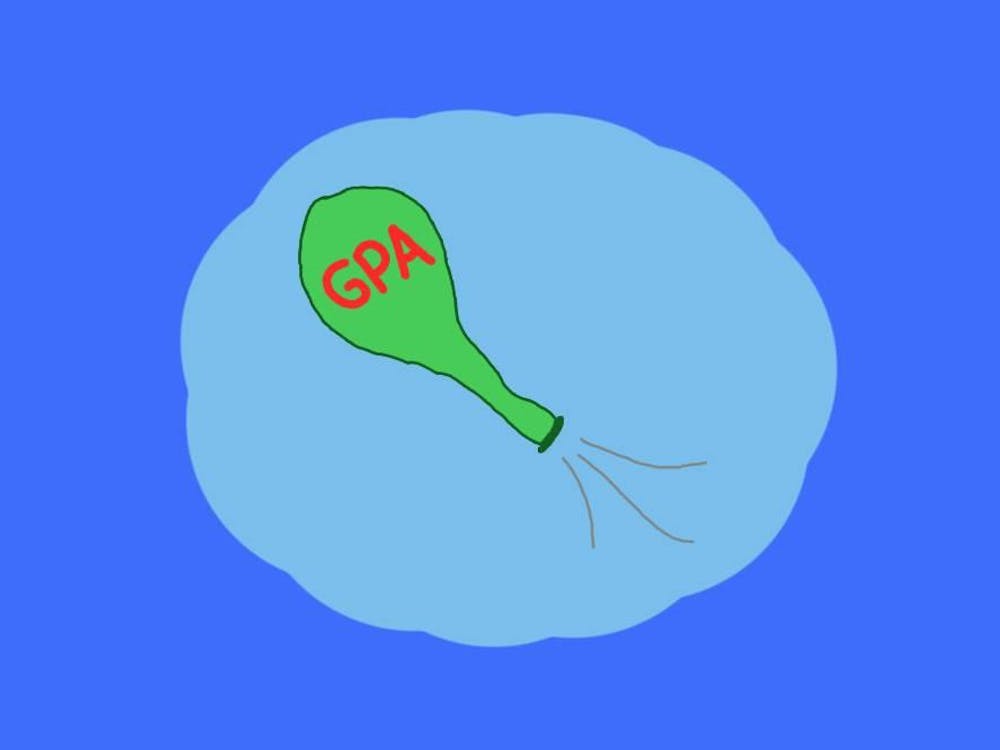Fifteen community colleges in California will become the state’s first to offer limited four-year degrees, pending final approval by the system’s Board of Governors. This seven-year pilot program was prompted mainly by workplace demands. For instance, entry-level nursing positions are moving toward requiring a four-year degree rather than a two-year degree. If approved, California will be the 20th state which has community colleges that offer bachelor’s degrees.
Even though the cost per unit for a four-year degree will increase by $84, a four-year degree from these community colleges will still cost less than one from a traditional four-year institution. An affordable four-year degree is a positive step toward increasing access to higher education in the United States.
California’s plan is coming to fruition at a time when President Obama is pushing for legislation that would guarantee two free years of community college to all Americans. The president’s vision is that higher education becomes as ubiquitous as high school. But there are limits to a two-year degree, as some jobs require a minimum of bachelor’s degree in order to be considered.
A four-year degree from a community college is a low-cost option for those interested in fields which require a bachelor’s degree but cannot afford a degree from a traditional institution. Even if the cost is surmountable with student loans, graduating without debt puts a person in a better position for financial success, especially if the student comes from a low-income family.
Some have expressed skepticism about this program out of concern that community colleges will lose sight of their specific purpose and mission. Community colleges confer associates degrees to students who may not have four years’ time to devote to a baccalaureate program. Community college also sometimes serves as a stepping stone for students who want to earn a bachelor’s degree but want or need to save money on the first two years. As we have previously discussed, there are limits to this option, because many community college students cannot transfer enough credits to complete their degree in the remaining two years.
By bringing in the additional cost per credit, community colleges can continue their original mission and expand on it. As Constance M. Carroll, chancellor of the San Diego Community College District, said, community colleges already train many nurses, so it makes sense to allow them to confer the new four-year degrees which many nursing jobs are now requiring. Additional programs to be offered are Dental Hygiene, Automotive Technology and Bio-manufacturing. Four-year community college programs will provide opportunities for low-income students to break into fields which may not have been previously accessible to them, and the overall expansion in education access brings us closer to the ideal of the ascendable social ladder which Americans believe in.




